The future of technical SEO is poised to be significantly influenced by the integration of Python programming and Machine Learning (ML) technologies. These tools offer transformative potential, changing the way SEO strategies are developed and executed.
1. Enhanced Data Handling and Analysis:
-
Python, known for its data analysis capabilities, enables SEO professionals to handle vast amounts of data with ease. This efficiency in data processing and analysis is crucial in an era where big data plays a pivotal role in SEO.
-
ML algorithms excel in uncovering patterns and insights from complex datasets. This ability is invaluable for SEO, where understanding user behavior, search patterns, and market trends is essential for success.
2. Automation of Repetitive Tasks:
-
Python's automation capabilities can streamline many repetitive and time-consuming tasks in SEO, such as keyword research, competitor analysis, and backlink monitoring. This frees up time for SEO professionals to focus on strategy and creative aspects.
-
ML can further augment this by providing predictive insights and automating decision-making processes based on data trends.
3. Predictive Analysis and Trend Forecasting:
-
ML models are exceptionally adept at predicting future trends based on historical data. In SEO, this can translate into more effective keyword strategies and content planning.
-
Predictive analytics can also inform content creation, helping to produce content that not only resonates with current audiences but also anticipates future needs and interests.
4. Enhanced User Experience and Personalization:
-
ML algorithms can analyze user behavior to deliver more personalized content and recommendations. This aligns with Google's focus on user experience as a ranking factor.
-
Python's ability to process and analyze user data can help tailor websites to individual user preferences, improving engagement and potentially boosting SEO rankings.
5. Deeper Insights into Search Algorithms:
-
Understanding the intricacies of search engine algorithms is a cornerstone of SEO. ML can provide deeper insights into these algorithms by analyzing search results and identifying factors that influence rankings.
-
Python’s versatility in handling different types of data allows for a more comprehensive analysis of how search algorithms evolve over time.
6. Real-Time SEO Adjustments:
-
The combination of Python and ML allows for real-time analysis and adjustments. SEO strategies can be dynamically modified in response to real-time data, ensuring maximum effectiveness.
-
This real-time adaptability is crucial in a landscape where search engine algorithms and user behaviors are constantly evolving.
7. Overcoming the Challenges of Scale:
-
For large websites or enterprises managing vast digital assets, Python and ML offer solutions to scale SEO efforts efficiently, something that would be unmanageable manually.
-
ML algorithms can process and analyze data from multiple sources simultaneously, ensuring a holistic SEO approach.
8. Bridging the Gap Between Technical and Creative:
-
Python and ML help bridge the technical and creative aspects of SEO. While they handle the technical data analysis, SEO professionals can focus more on creative strategy and content creation.
-
This synergy between technical efficiency and creative strategy could redefine the benchmarks of successful SEO practices.
In conclusion, Python and Machine Learning are not just tools but catalysts for a new era in technical SEO. They represent a shift towards more data-driven, efficient, and intelligent SEO strategies. As these technologies continue to evolve, they will undoubtedly shape the future landscape of SEO, making it more adaptive, predictive, and personalized. This evolution promises not only to enhance the effectiveness of SEO tactics but also to redefine what it means to excel in the digital marketing space.
The conclusion emphasizes the transformative potential of Python and Machine Learning in technical SEO, highlighting how these technologies are shaping the future of SEO strategies.











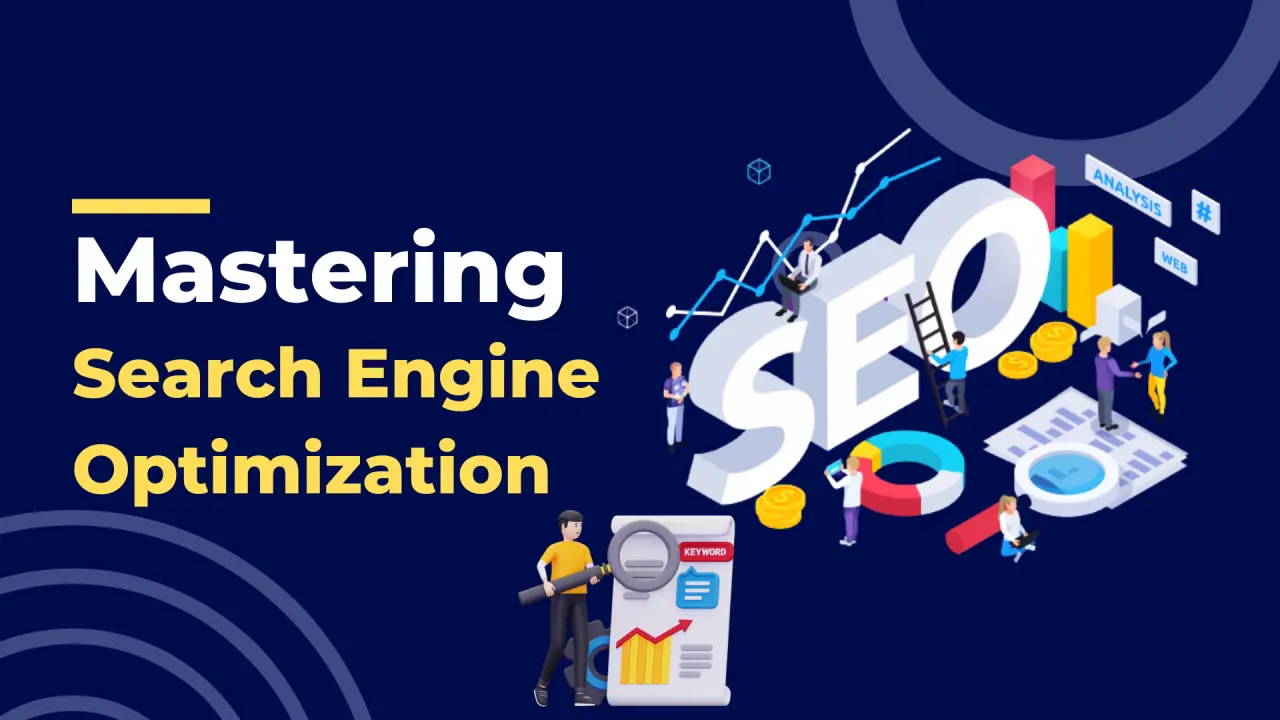









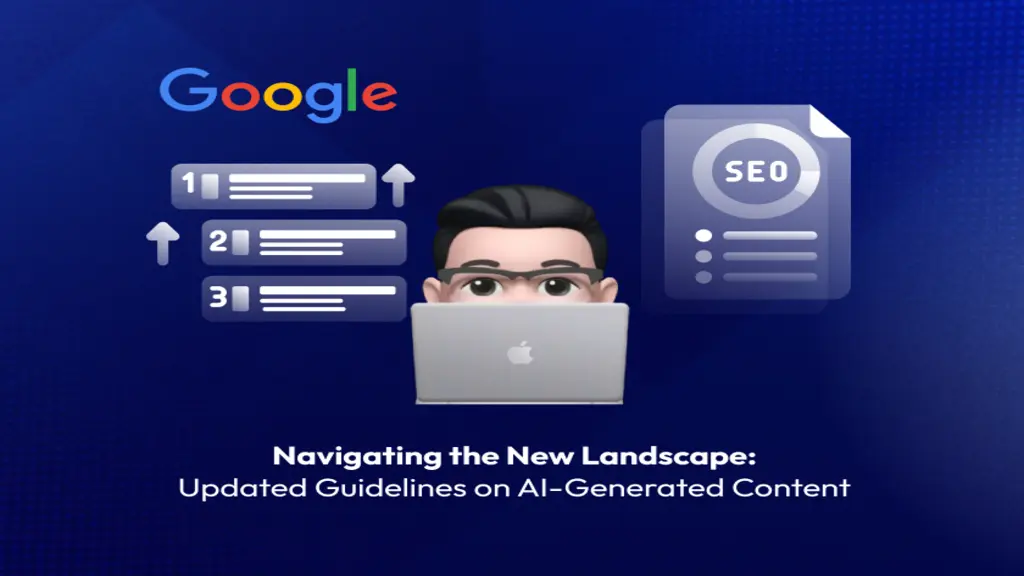







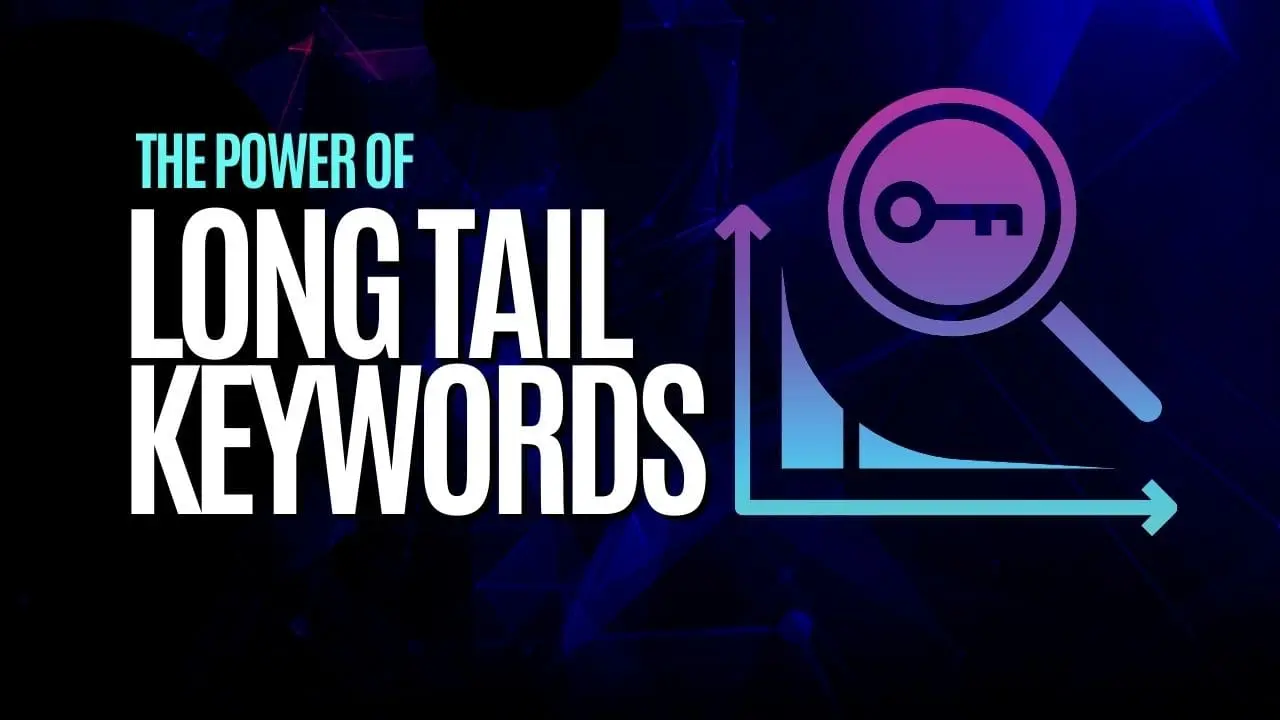






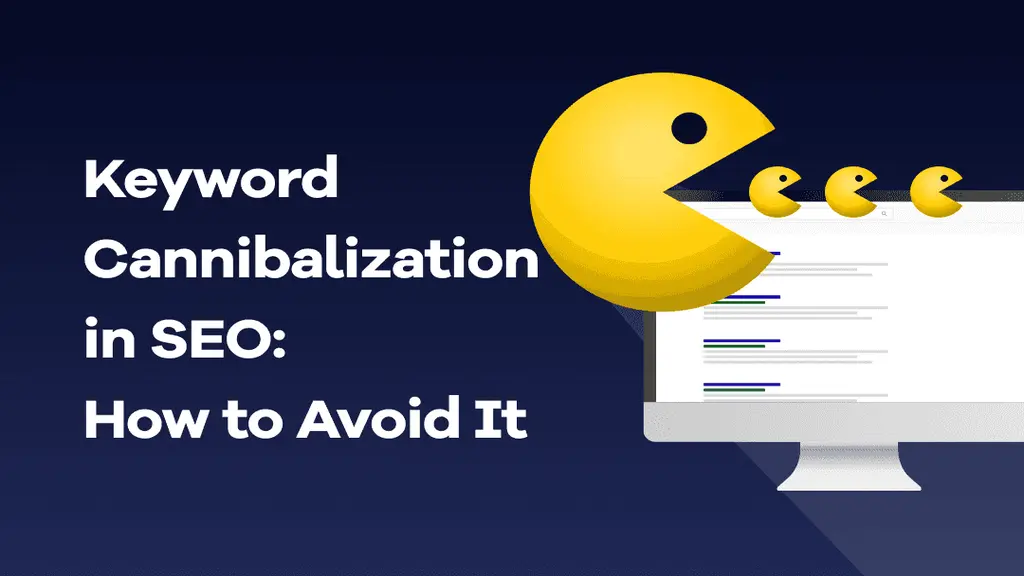

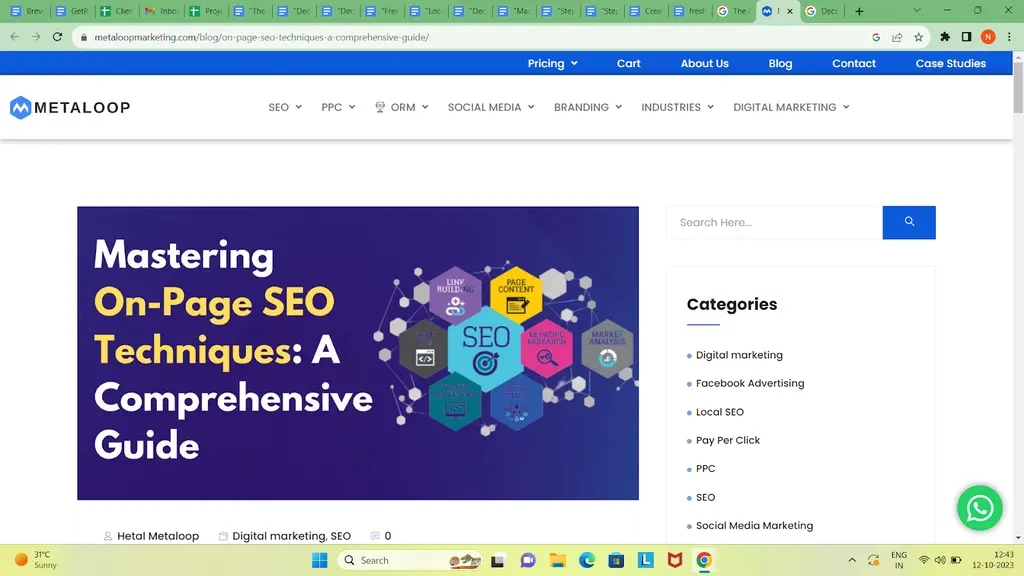












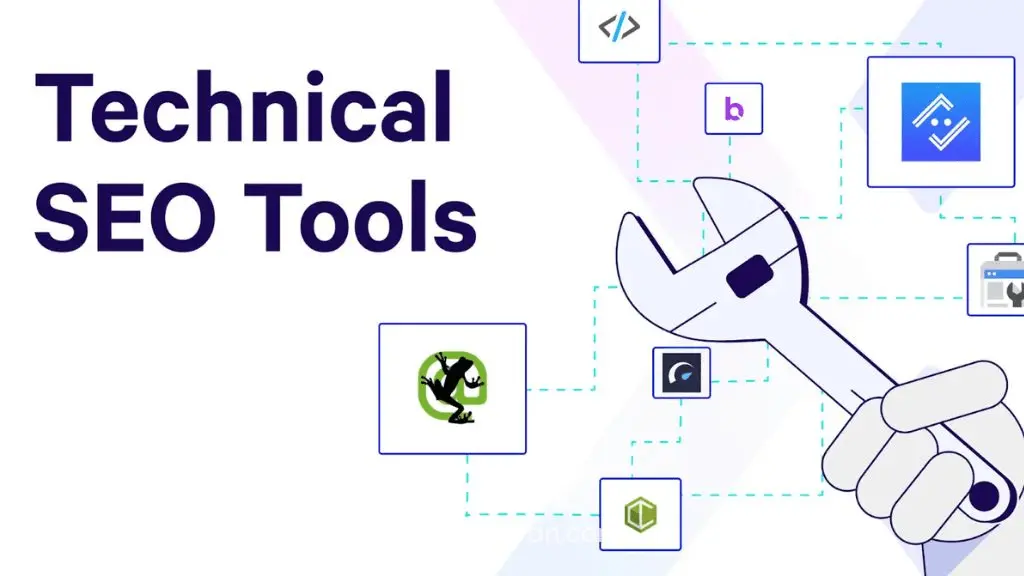



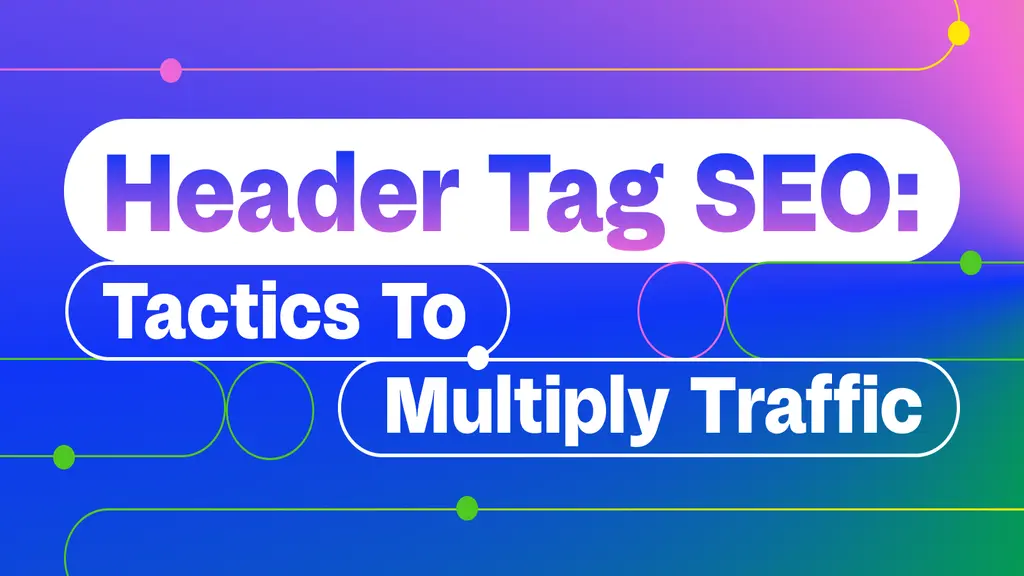












![1707475220 Bebran[1]](https://bebran.com/public/uploads/1709129094_1707475220_bebran[1].webp)

![1707475220 Bebran[1]](https://bebran.com/public/uploads/1709132759_1707475220_bebran[1].webp)

![1707475220 Bebran[1]](https://bebran.com/public/uploads/1709133996_1707475220_bebran[1].webp)

![1707475220 Bebran[1]](https://bebran.com/public/uploads/1709135250_1707475220_bebran[1].webp)

![1707475220 Bebran[1]](https://bebran.com/public/uploads/1709135874_1707475220_bebran[1].webp)

![1707475220 Bebran[1]](https://bebran.com/public/uploads/1709136770_1707475220_bebran[1].webp)

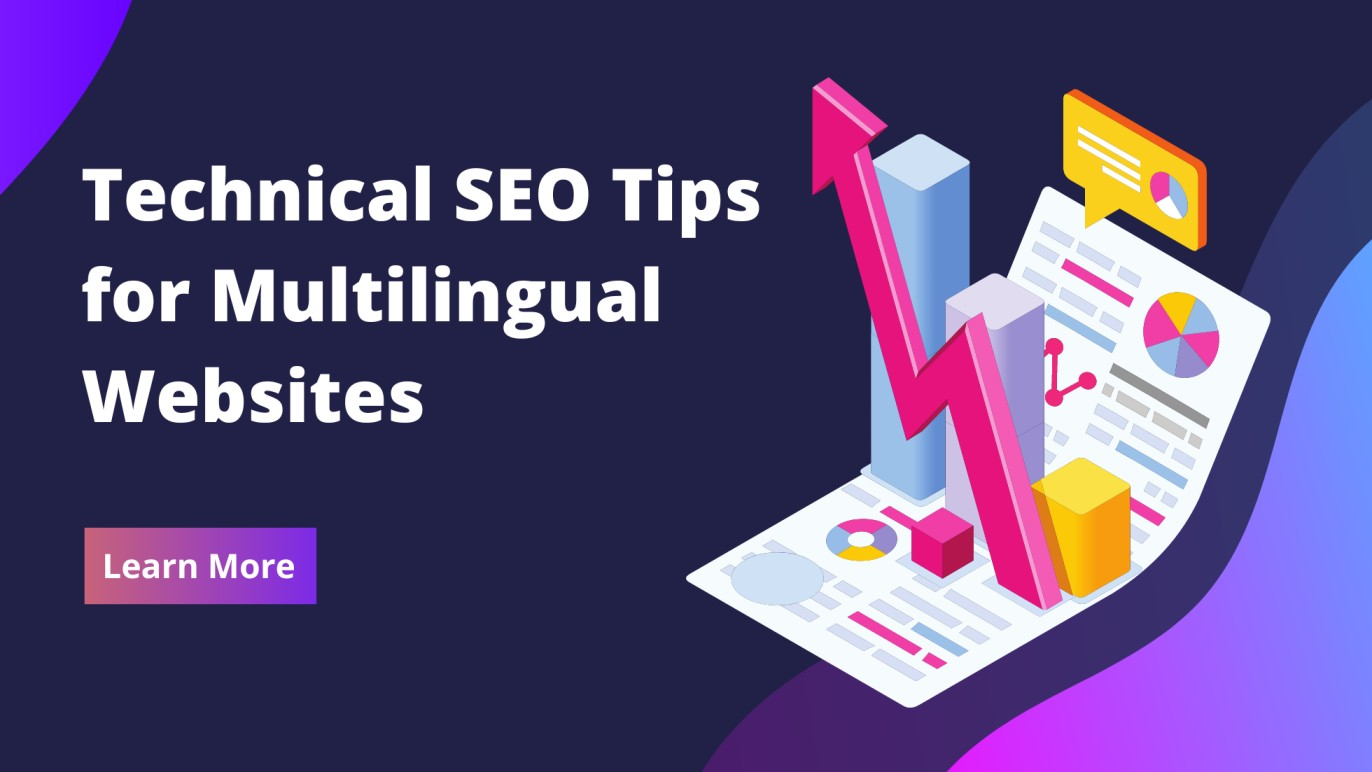





![1707475220 Bebran[1]](https://bebran.com/public/uploads/1709188948_1707475220_bebran[1].webp)

![1707475220 Bebran[1]](https://bebran.com/public/uploads/1709190426_1707475220_bebran[1].webp)


























































































